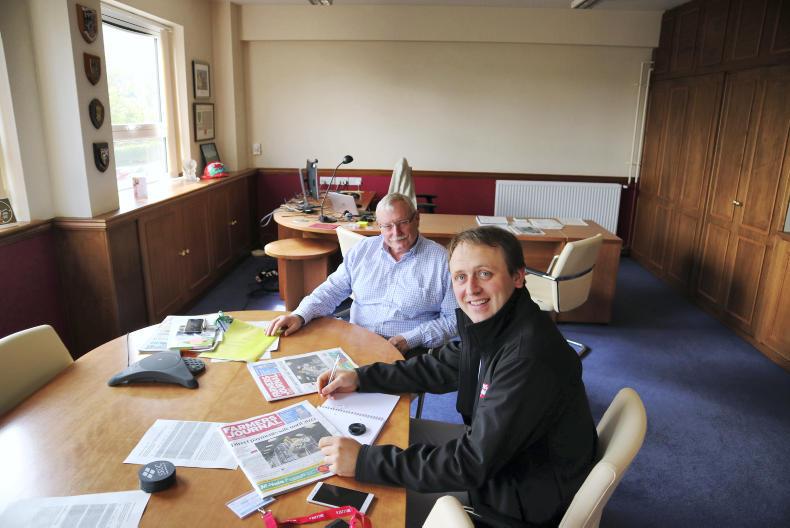Clarity: everyone is calling for it. From the European Parliament sitting in Strasbourg this week to the fringe events at the Conservative conference in Manchester, a better understanding of the Brexit path is needed.
The divide in the Conservative party is particularly unhelpful: its message is lost between Boris Johnson’s “red-line” issues and failure to make significant progress in negotiations with Brussels.
The ambiguity around the future of devolved powers must also be settled sooner, rather than later.
Yes, we must take advantage of the opportunities Brexit affords us. We can create a new, dynamic, agricultural policy that is simpler than that governed by the European Union.
But without the European framework for implementation of the Common Agricultural Policy, will Westminster hold all of the agricultural policy cards?
Or will each of the devolved governments be able to implement their own version of farm support, potentially conflicting with one another?
As we revealed last week, we know that the budget for farm support (including Pillar 1 and 2), in cash terms, will be rolled forward for the remainder of the current government.
No clear answers
But there is still no clear answer as to whether it will be maintained in the same proportions or if Scotland will have the autonomy to implement it as suited to farming here.
The House of Lords report on agriculture published in May this year introduces the concept of a UK-wide framework policy for farming.
This would help avoid creating an internal market imbalance, while setting appropriate funding levels for all.
This concept will be revisited at the House of Lords Energy and Environment Committee meeting in the coming weeks.
If this is to be the way forward, then discussions around that framework must start as soon as possible.
Inevitably, the complexity of such a discussion means it cannot happen overnight. With Brexit 18 months away, a suitable transition arrangement is needed to allow businesses, including farmers, to plan.
This week NFU England and Wales called for a three-phrase approach to the transition.
The first two-year phase would mostly be a continuation of the current system.
The second phase, NFU says, is a time for the government to assess the impact of the Brexit settlement on farming. The third phase would make the final transition to a new domestic agricultural policy.
Outside of the negotiation rooms and party conferences, life on-farm continues. How does one plan how many stores to buy next year, how much land should be rented, how much fertiliser should be bought?
The clock is ticking. Clarity is needed.





SHARING OPTIONS